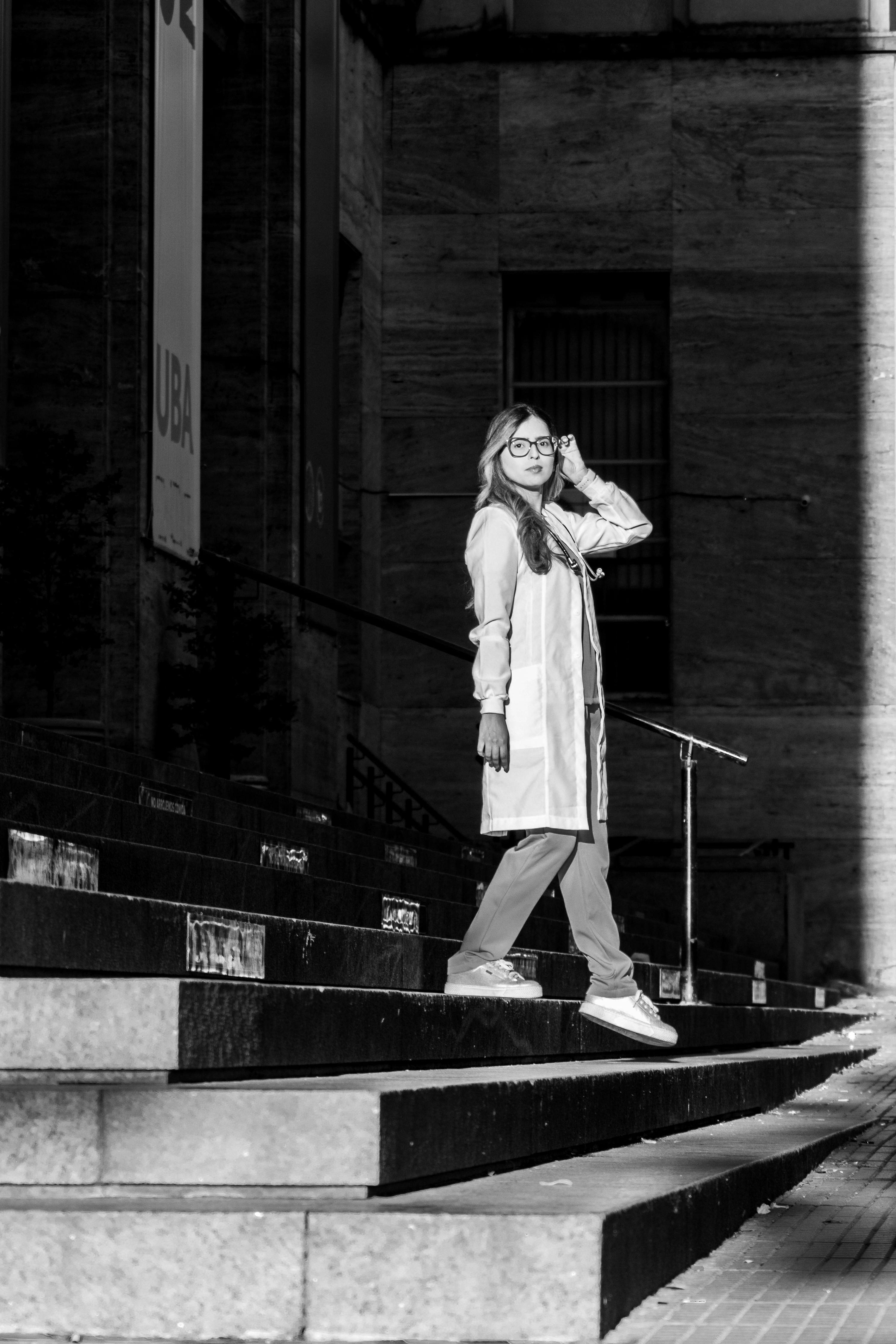- *
- Damian Hardung finds himself in the midst of the AfD controversy
Actor Damian Hardung ("Club of Red Bands," "Love Sucks," "Maxton Hall," "How to Sell Drugs Online (Fast)") considers his work as deeply political, especially when it comes to choosing roles. "I seriously ponder: What message does the film convey? Can it become a catalyst for a discussion - about values that matter to me and may be significant to society right now?" the 26-year-old told magazine "GQ."
Hardung stressed that acting doesn't take place in a bubble, especially since many actors work for public broadcasters. "When a party like AfD demands drastic cuts in broadcasting, it affects the cultural role of ARD and ZDF. And thus, us actors are naturally drawn into the debacle."
Besides his successes on streaming services like Netflix and Prime Video, Hardung is currently studying for his state exam. "GQ" says Hardung still holds on to the belief that "knowledge is power, even if it sometimes seems elusive."
Hardung on the lack of meaningful dialogue
"It's bewildering when a party entering the Bundestag with 20 percent claims that climate change doesn't exist or that CO2 growth is beneficial for plants," Hardung commented. "The foundation for dialogue must still be verified facts." Despite the need for facts to resonate emotionally, we should steer clear of "felt facts," he says.
When asked about his fears, Hardung expressed concerns over the radicalization of language, constant opposition, and the absence of a genuine dialogue. It's no longer about finding common ground, but about standing out from the crowd. "Radical distinctions and marketable unique selling points rule the day, rather than collective problem-solving," he muses. He tries "to stifle the impulse of rash judgment and approach the other with curiosity."
Interview with Damian Hardung by GQ
- Damian Hardung
- AfD (Alternative für Deutschland)
- How to Sell Drugs Online (Fast)
- GQ
- Munich
Enrichment Data:
Highlights:
- Damian Hardung, a well-known German actor, has shared his views regarding the political role of actors in Germany and their stance on the AfD (Alternative für Deutschland). Key insights include:
- Criticism of AfD's policies, particularly their push for significant cuts in public broadcasting.
- Dismay at the party's denial of climate change and misconception about CO2.
- Advocacy for evidence-based discussions and genuine dialogue instead of polarizing rhetoric.
- Emphasis on the interwoven roles of actors in political and societal spheres.
- Wariness about the growing radicalization of language and lack of collaborative spirit in political discourse.
Personal Aspects:
- Hardung is a medical student, concurrently maintaining his acting career.
- He uses his platforms to bring attention to social issues and promote open dialogue.
- His past political engagements as a youth led him to feel disillusioned with party stereotypes, prompting him to focus on fostering dialogue and understanding.
- In an interview with GQ, actor Damian Hardung, known for his roles in shows like 'How to Sell Drugs Online (Fast)', expressed his concerns about the AfD party's stance on climate change and their proposed cuts to public broadcasting, stating that these issues directly affect actors and their cultural role.
- Actor Damian Hardung, based in Munich, also shared his belief in the importance of facts as the foundation for any meaningful dialogue, criticizing the AfD party's dismissal of climate change and their misconception about CO2.
- Apart from his acting roles and studies for his state exam, Damian Hardung continues to advocate for open dialogue and the promotion of collective problem-solving in the German political landscape, warning against the growing radicalization of language and the lack of a genuine dialogue.








